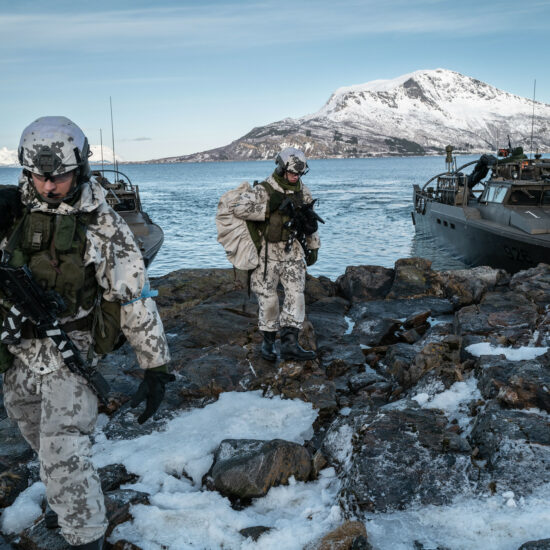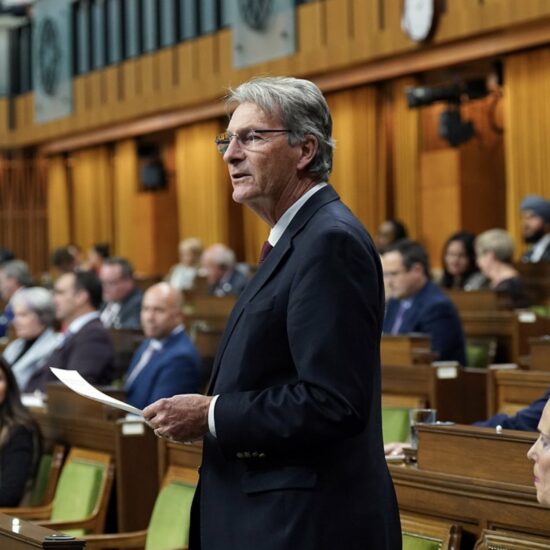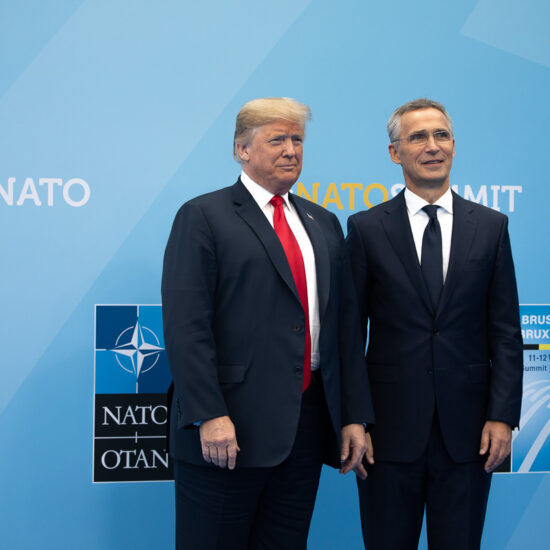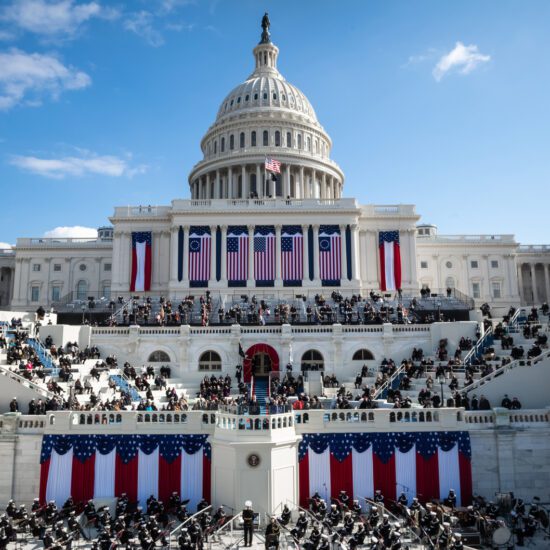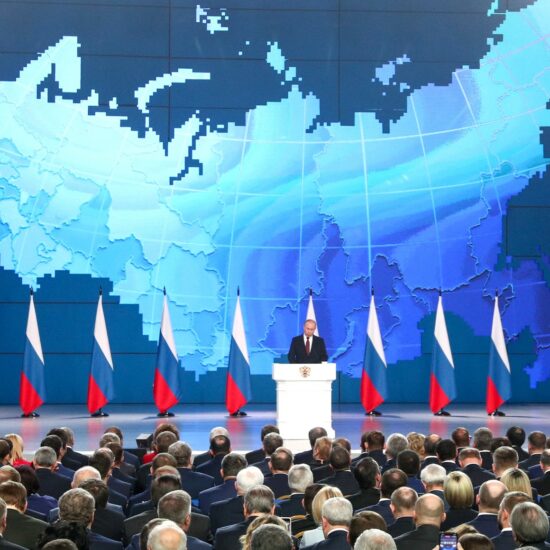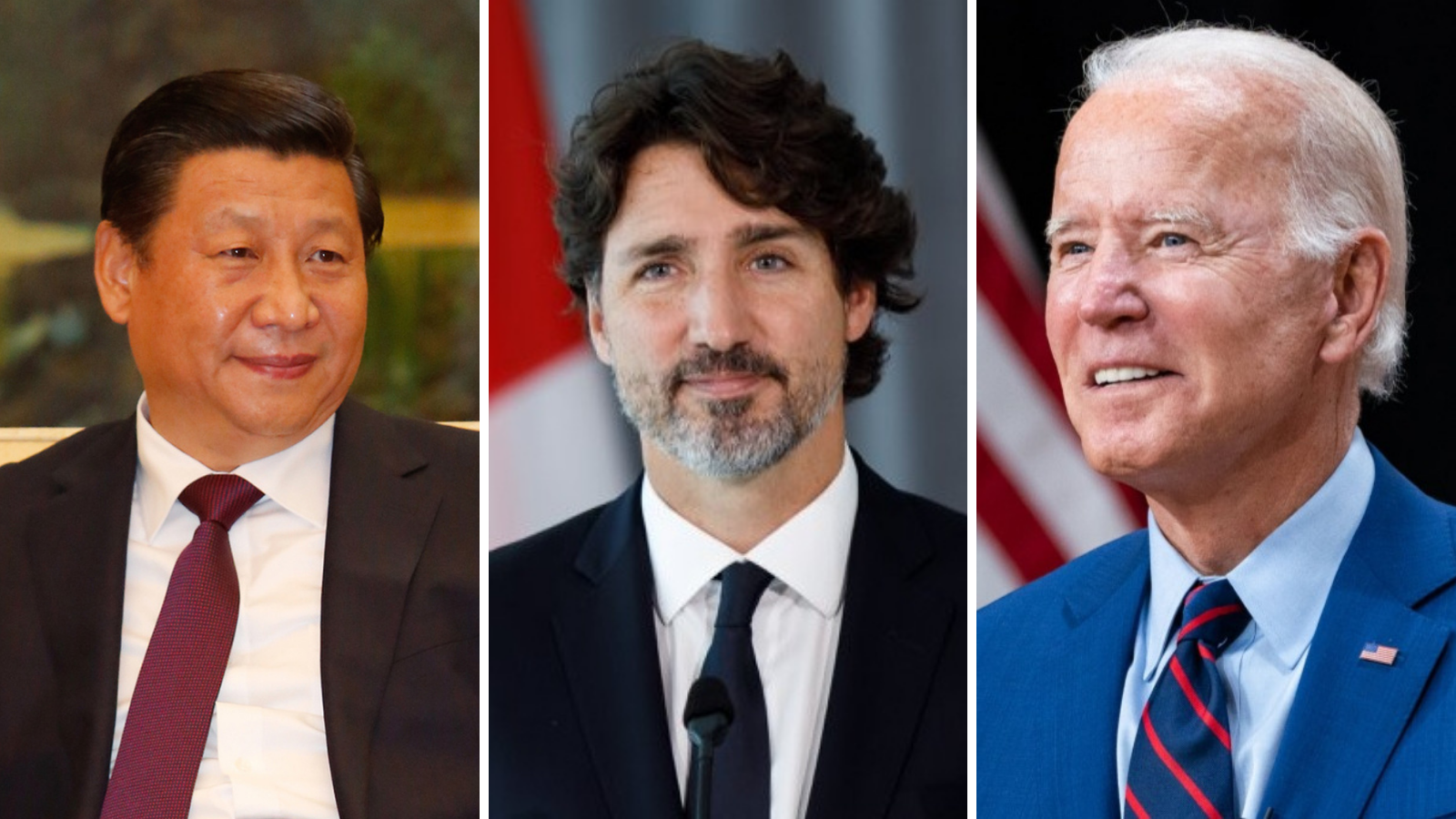
This article is published as part of IPD’s China Strategy Project.
Canada is a participant in a rapidly evolving international economic order in which China’s economy is poised to overtake the US by the end of this decade. At the same time, America is turning inward towards self-sufficiency in order to reduce dependencies, shorten supply chains and shift its economic focus away from globalised interdependence towards domestic consumption and manufacturing. De-globalization carries significant risks for the USA and Canada.
In responding to these transformations, Canada faces two challenges.
The first challenge is recognising that Canadian sovereignty is both strengthened and weakened by being closely tied to the US. Today’s Canada-China-US triangular relationship cuts across economic and security domains: international trade has become increasingly politicised and security strategies have expanded to include instruments of economic coercion.
The incentive for small and middle powers like Canada to stay loyal to existing institutional arrangements comes from the fact that great powers are motivated to discipline weaker states who may be looking to change sides. However, many small and most middle power states have some agency. They will, when possible, try to make gains across and not just within geopolitical axes if they believe their interests are best served by doing so. To keep them in line, great powers increase the costs of defection, creating a pernicious feedback loop of increasingly competitive multilateralism. Such actions are counterproductive because they weaken alliances. Even an alliance of values is not robust enough to create sufficient cohesion within geopolitical axes.
Unlike other US allies such as EU member states, Canada has significantly less room for maneuver across geopolitical axes and fewer opportunities to engage the world in areas that are not dominated by the US or directly influenced by the bilateral relationship. To be sure, incompatibilities between Canadian and Chinese political, economic and social institutions will for the foreseeable future constrain the possibilities for Canada’s engagement with China. These incompatibilities are multiple. However, the most prominent feature in the Canada-China relationship over the last decade or so is the extent to which it is now shaped and influenced by the China-US rivalry. China’s rise to significant diplomatic and economic status has elicited a confrontational stance from the US, forcing other nations to reveal their hand. For Canada, that hand-revealing exercise may be as ineffectual as declaring a “diplomatic boycott” or as difficult as supporting China’s entry into a multilateral trade agreement.
The decision by the current Australian government to enter into a controversial nuclear submarine deal with the US and to forge a military alliance with the UK and USA is another example. However, what is important is that the AUKUS deal was done without public debate, which normally would indicate the existence of a broad support for America’s strategic containment of China. The evidence, however, suggests that no such consensus exists within Australian policy circles despite the media’s best efforts to suggest otherwise.
Likewise, despite portraits of a similarly confrontational consensus in Canada toward China, the issue is more the lack of public debate. Fundamental to this debate is the realisation, as unpalatable as it might be, that Canada must not only navigate a world in which it is subservient to US interests, it must also find a way to offset potential harmful US policies that are implemented to advance American interests against China.
Simply put, the increasing presence of economic coercion in American foreign policy is not only a reflection of the inability of international institutions to moderate America’s foreign policy choices, it also brings harm to Canada directly. For example, despite US efforts to damage Huawei’s ability to deliver 5G technology around the world, the multinational has made significant inroads in Asian, South American and even African markets. Only after the 3Ms debacle was resolved did it become clear that the US does not yet have a viable alternative to Huawei’s 5G technology or the broader Belt and Road Initiative that will deliver 5G for that matter. By allowing itself to be pinned down by US extraterritorial overreach on the Huawei file, Canada failed to realise economic benefits from a key driver of technological growth. The Huawei fallout is less about spying and more about American industry being outpaced by a more able competitor.
In examining America’s extraterritorial overreach, the Meng Wanzhou trial, the two Michaels and decisions over 5G are merely the prelude. The Biden administration’s Competition and Innovation Act contains more than 30 specific references to Canada and three sections of legislation devoted solely to Canada. In essence, the Act will bind Canada to a series of policy actions intended to compete with China in the crucial domains of information technology, aerospace, and defence, impinging upon all aspects of academic research, technology transfer and capacity building for Canadian universities.
If this outcome is problematic it is simply because Canada’s strategic environment is becoming increasingly bifurcated, rendering Canada’s policy choices increasingly incoherent. Overcoming that incoherence is the second challenge. On the one hand, Canada’s defence and security policies on China are hard-line. This is a reality borne from a highly integrated US-Canada security architecture that emerged strongly from 9/11 onward. Few of the defence and security elites (and those bureaucracies they represent) are giving balanced advice on how to engage China, preferring delinking and containment instead. This is not only narrowly constructed advice, it is also often issued in the absence of proper public debate. When debate does occur in the House of Commons or in Special Committees, the ideology and the pandering plainly shine through.
To be sure, Liberal hedging and the policy ambiguity derived from it has its domestic political advantages. Pressed, in part, by hard-line Conservative opposition that is more sympathetic to US foreign policy objectives, building constructive relations with China has become increasingly difficult. Coupled with an unwillingness to make public, tough decisions, the Liberal government has, like administrations before it, tried to avoid the political fallout generated by the Sino-American rivalry. This is most clearly evident in the joint US-Canada Roadmap for a Renewed Canada-US Partnership which makes only a few pointed references to China directly but provides little room for cooperation with China other than climate change.
There is little doubt that Canada’s defence community shares a world view similar to that of US administrations. Secretary of State Antony Blinken has repeatedly emphasised the protection of American jobs, depicting China as a long-term geopolitical rival capable of achieving international hegemony. Joe Biden’s choice of ambassador to Canada has described China as an “existential threat”. Canada’s former Chief of Defence Staff described China as the biggest cyber threat to Canada. America’s answer, according to Blinken, must be backed by preserving “the world’s most powerful armed forces.” That view has broad bi-partisan support across all levels of government.
For the time being, China does not seek nor does it necessarily want military allies in the same way that the United States constructed post-WWII security institutions. But that may be changing as China expands its reach of influence overseas and increases its military assistance abroad. For the present, China’s multilateral agenda permeates the economic, financial and commercial spheres of interstate cooperation. Indeed on trade, finance, digitization, e-commerce, infrastructure and investment, China is at the forefront of providing alternative institutional arrangements while avoiding entanglements and commitments that might be obtained from building military alliances.
If there is a way out, it is in understanding that Canada-China relations in commerce, trade and investment are driven by powerful mutual interests creating opportunities for mutual gain and growth. The consequences for Canada of not taking advantage of these opportunities are obvious. Canada is ultimately a trading nation and as a middle power has a degree of agency that should be fully exploited to advance economic opportunities. The desire for a strong, secure Canada need not undermine the country’s competitiveness and productivity both of which are in decline.
Canada’s commitment to strengthening ties with China was evident well before the Liberals came to power in 2015. However, it was the Liberal government that committed fully to negotiating a trade deal with China. For example, the main priority in Chrystia Freeland’s mandate letter as Minister of Foreign Affairs was to focus on “expanding trade with large fast-growing markets, including China and India, and deepening our trade links with traditional partners.” The letter was extraordinary in that it instructed Freeland to develop a targeted strategy to promote trade and investment with emerging markets – “with particular attention to China [and India].”
Thus, the first order of business is to address the need for improving Canada-China trade relations multilaterally or bilaterally. This will not be easy. From an American perspective, a Canadian free trade agreement with China is seen as a major challenge. From a Canadian perspective, similar Canadian deals – whether achieved or ongoing and be they with the EU, India, South Africa or Brazil, or regional associations such as the Association of Southeast Asian Nations (ASEAN), or even the 12 Pacific Rim countries that are part of the CPTPP – stand unopposed by US administrations.
Trade deals are fine just as long as they don’t advantage China at America’s expense. This became clear when the US entered into phase one of trade talks with China while simultaneously thwarting Canada from doing likewise as a signatory to CUSMA. Ironically, perhaps, Canada’s trade with China has returned to pre pandemic levels and is increasing, suggesting the markets have a solution that is at odds with the prevailing geopolitical rhetoric.
David Carment is Professor of International Affairs at Carleton University, Editor of Canadian Foreign Policy Journal and Senior Fellow at the Institute for Peace & Diplomacy (IPD).





